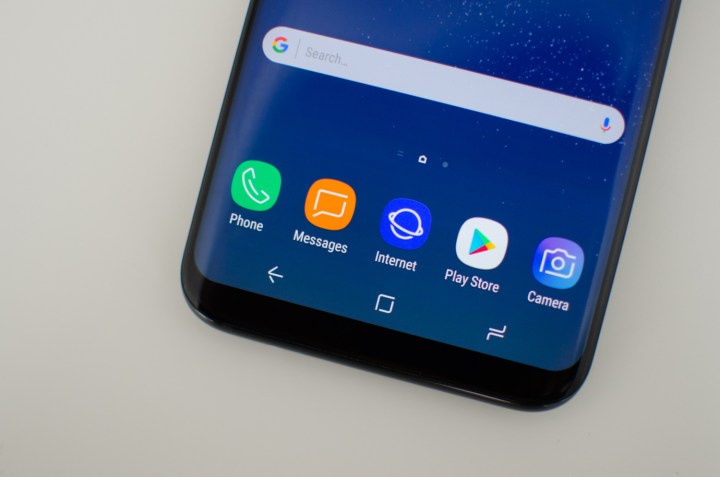
Not every Android device can run the Samsung Internet Browser — your best bet for finding out whether or not yours can is by checking the Play Store. For example, Huawei’s Ascend Mate 2 seems to be randomly permitted, according to Android Police, while the majority of handsets aren’t. You’ll need to be running at least Android 5.0 Lollipop no matter what phone you’re using.
It’s also worth noting that the Google Play page says the app is only “officially supported” on Samsung and Google products — meaning that even if you can install it on another device, the company doesn’t promise it will work perfectly.
So why would you use Samsung’s browser in the first place? Like Chrome, it uses the Chromium rendering engine for speedy performance. Unlike Chrome, however, it supports a limited set of extensions — and that includes ad blockers.
There have been rumors that Google is working on an ad blocker of its own for Chrome on Android, but the reports are inconclusive, and there is no telling when the feature might arrive even if it is in the cards.
So if you own one of the few Android devices that can run Samsung’s browser, and you have been missing the ability to block ads, you can download the app for free right now and take it for a spin. If your phone isn’t supported yet, there is a possibility it may be in the future — so check back here and on Google Play for updates.
Editors' Recommendations
- Samsung’s newest Android tablet is a perfect iPad alternative
- Look who just replaced Samsung as king of the global smartphone market
- Samsung just did something strange to its newest Android phone
- I did a Pixel 7a camera test — and it’s bad news for Samsung
- When is my phone getting Android 13? Google, Samsung, OnePlus, and more

